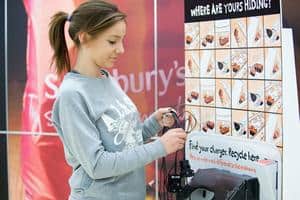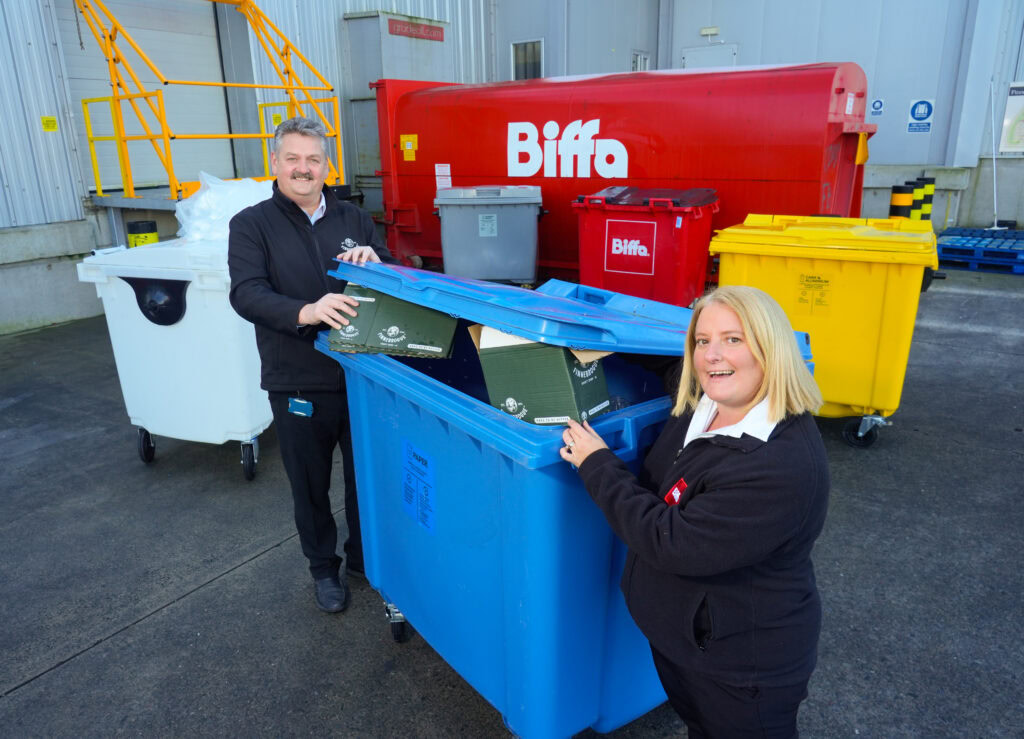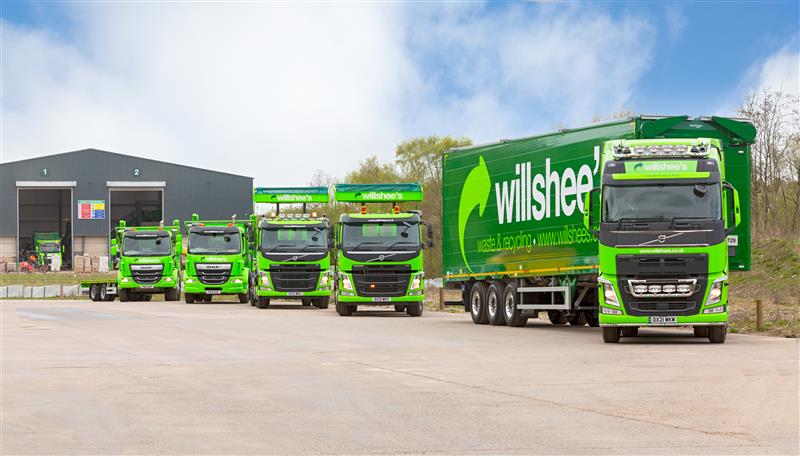Sainsbury's has launched an in-store mobile phone charger recycling initiative which it claims could increase the country's annual recycling rate for the waste stream by over 50% over just a four-week period.
The supermarket giant is working with compliance scheme Valpak to recycle the chargers, which will be collected in banks located at the entrances to all its stores between July 31 and August 28.
This compares to 250,000 chargers which are recycled nationwide ever year, and Neil Sachdev, the company's property director, highlighted the fact that the campaign was also hoping to increase awareness of the fact that the items could actually be recycled.
“There are millions of old chargers lying around, and local recycling centres already recycle them, but most people are unaware of this,” he said. “By running this campaign, we hope to raise awareness of charger recycling facilities, while at the same time preventing nearly 40 tonnes of waste from going to landfill.
“We're really excited to see how much of a difference we can make. Only 280,000 chargers are currently recycled each year, so if we hit our target of 150,000, we could increase recycling rates by over 50%,” he added.
Chargers collected during the campaign will be collected by Valpak to be taken to logistics company Wincanton's waste electrical and electronic equipment (WEEE) recycling facility in Daventry, Northamptonshire, where they will be taken apart to allow the plastics and metals to be sent on for reprocessing.
Make The Difference
The initiative is being run as part of Sainsbury's ‘Make The Difference Days' scheme, which it uses to communicate its corporate responsibility “values” to customers via colleagues. The phone charger campaign itself was suggested by Sainsbury's employees.
The short-term nature of the campaign was noted by a spokesman for Sainsbury's, but he told letsrecycle.com that, in terms of running the initiative again or over a longer period, “we never say never – we'll see how it goes”.
“Maybe we'll run it again if it's very popular or maybe do something more long-term,” he added.
As well as working with Valpak, the campaign involves Sainsbury's working in partnership with the We Are What We Do organisation, which it previously worked with on its 2007 ‘I Am Not A Plastic Bag' initiative.
The organisation oversaw the strategic and creative development of in-store communications for the charger campaign and is supporting the activity with a website allowing Sainsbury's customers to see how the collection is progressing.
Batteries
Valpak already works with Sainsbury's as the supermarket's battery compliance scheme, and it also helps it to meets its retailer obligations under the battery regulations. Last October, Sainsbury's unveiled plans to work with both Valpak and lamp recycling company Recolight to become the first national retailer to offer co-collection for waste batteries and low energy light bulbs (see letsrecycle.com story).
Sainsbury's claims that, since it became obligated to offer in-store take-back of waste portable batteries in February 2010, it has collected over a quarter of million batteries, which is says is more than any other UK supermarket.









Subscribe for free